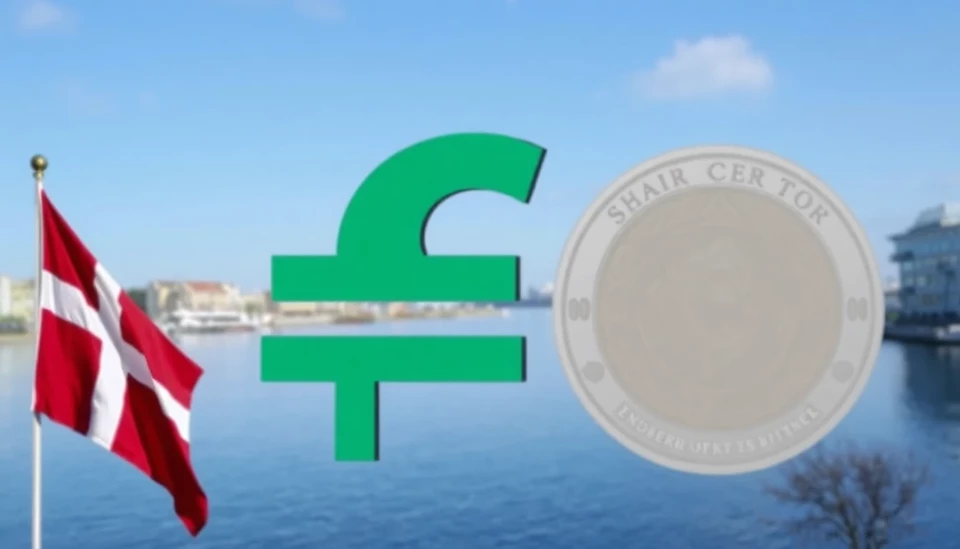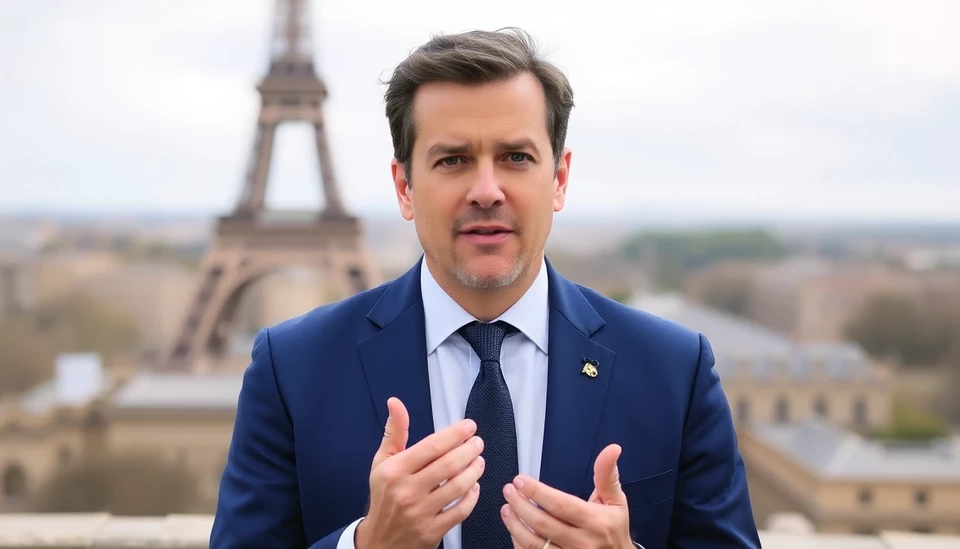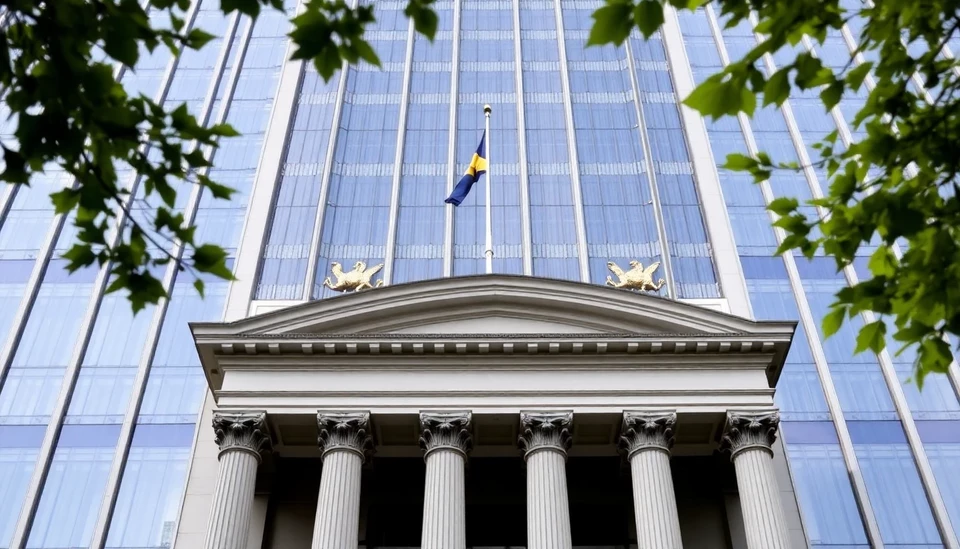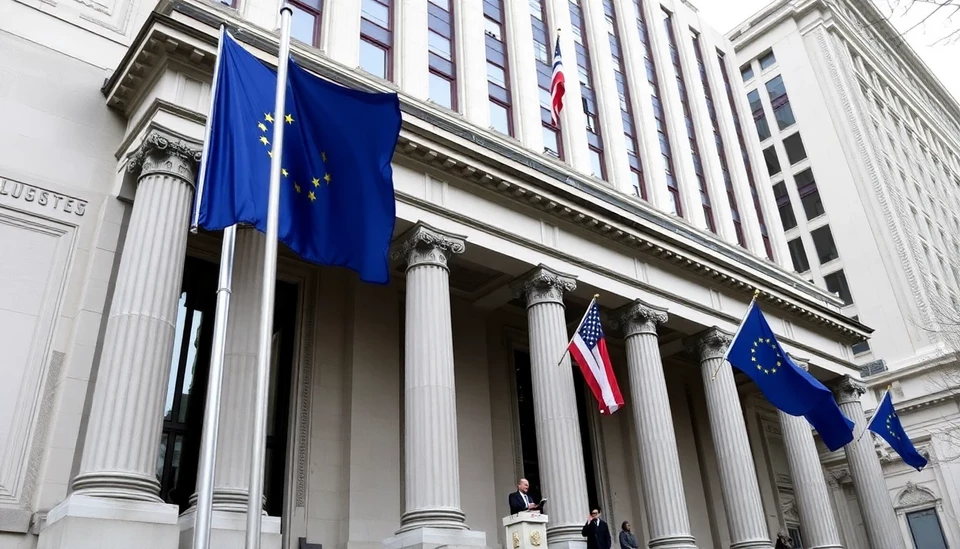
ECB's Villeroy Confident on Inflation Stability, Hints at Future Rate Cuts
In a recent address, François Villeroy de Galhau, the Governor of the Banque de France and a key member of the European Central Bank (ECB), voiced optimism about the current state of inflation in the eurozone. Villeroy stated that he sees little to no immediate risk of inflation, which suggests a critical shift in the ECB's monetary policy strategy moving forward.
Continue reading
Denmark's Interest Rate Cut: A Strategic Move to Stabilize the Krone Amid ECB Pressures
In a significant monetary policy move, Denmark's central bank has decided to cut its benchmark interest rate in order to align more closely with the European Central Bank (ECB). This decision comes as the Danish krone faces downward pressure, testing its pegged currency regime. The Danish National Bank's latest actions underscore the challenges facing nations that adhere to a currency peg, particularly in the face of fluctuating economic conditions in the Eurozone.
Continue reading
France's Ambitious Savings Goal: A $40 Billion Challenge Ahead of 2026 Deficit Target
In a bold move to address its fiscal responsibilities, France has set a daunting target to achieve a staggering €40 billion in savings by 2026. This ambitious financial strategy comes as the nation aims to rein in its public deficit, a crucial step amid ongoing economic pressures and the necessity to stabilize its financial landscape.
Continue reading
ECB Signals Preparedness to Deploy Instruments Amid Economic Pressures
In a recent address, European Central Bank (ECB) President Christine Lagarde emphasized the institution's readiness to utilize its monetary policy tools should the economic situation necessitate such action. This statement was made during a conference aimed at addressing ongoing economic challenges faced by the Eurozone region.
Continue reading
ECB's Villeroy Applauds Trump's Economic Moves Amid European Concerns
The European Central Bank's (ECB) executive board member, François Villeroy de Galhau, has expressed approval of recent economic measures taken by former President Donald Trump. Villeroy's remarks come at a time when Europe is facing significant financial uncertainty and a cautious outlook for growth.
Continue reading
The European Central Bank Considers Rate Cuts Amid Growing Tariff Concerns
In a significant development for the financial landscape of Europe, François Villeroy de Galhau, a pivotal member of the European Central Bank (ECB), has indicated that the current tariffs could prompt the ECB to consider cutting interest rates again in the near future. This pronouncement, delivered during a recent speech, has drawn attention from economic analysts and market participants alike, raising questions about the future trajectory of monetary policy in the Eurozone.
Continue reading
France's Economic Growth Forecast Faces Downgrade as 2025 Approaches
In a shocking turn of events, French economic forecasts are anticipated to be revised downward, as confirmed by the country's Minister of Economy and Finance. This revelation comes amidst a backdrop of rising economic concerns, which have prompted government officials to reconsider their optimistic projections for 2025.
Continue reading
Hungary's Economic Challenge: Government Interference Spreads from Bonds to Banking Sector
In a significant turn of events, Hungary is broadening its interventionist policies as the nation grapples with a slowing economy. The government, which previously asserted control over the bond markets, is now extending its reach into the banking sector, raising concerns among economists and investors about the potential repercussions on financial stability.
Continue reading
Trump's Tariffs: A Heavy Burden for Slovakia's Auto-Dependent Economy
The recent announcement regarding tariffs imposed by former President Donald Trump has sent shockwaves through Slovakia's auto-reliant economy. As one of Europe’s key automotive hubs, Slovakia relies heavily on the automotive industry, employing a significant portion of its workforce and driving its economic output. Trump's new tariffs will likely complicate trade relationships and disrupt the delicate balance of Slovakia’s economic stability.
Continue reading
Germany's Private Sector Experiences Record Growth, Signaling Economic Resilience
In a promising turn for Germany's economy, recent reports indicate that the nation's private sector has expanded at its fastest pace in ten months. This significant growth has sparked optimism among economists and investors alike as it hints at a recovery from previous economic challenges. Various economic indicators are showcasing a strengthening in manufacturing and services, key components of the economy that are essential for long-term stability.
Continue reading